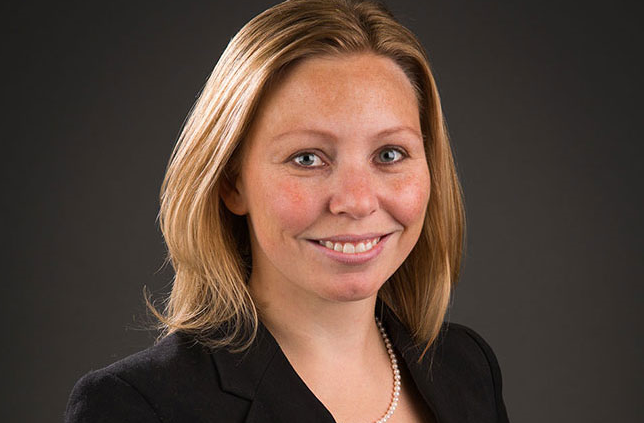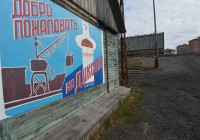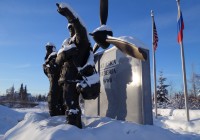
Arctic Council ministerial – View from Canada
ADVERTISEMENT
Text: Eilís Quinn, Eye on the Arctic
The United States hands the Arctic Council’s two-year rotating chairmanship to Finland on May 11th in Fairbanks, Alaska.
Foreign ministers from all eight Arctic states: Canada, Finland, Denmark/Greenland, Iceland, Norway, Sweden, Russia and the United States are scheduled to attend the ministerial meeting where the accomplishments of the last two years will be announced and the forum’s leadership is officially passed on.
-
But what should we be watching for as circumpolar politicians, diplomats and indigenous leaders gather in Fairbanks?
-
How did the U.S. chairmanship size up in the end?
-
And how will Finnish priorities shape the forum over the next two years.
Eye on the Arctic: What grade would you give the U.S. chairmanship and why?
Heather Exner-Pirot: It had less drama than the Canadian chairmanship before it (2013-2015). The Senior Arctic Official Chair (David Balton) was a steady hand and seemed to be widely respected. And there wasn’t a lot of turmoil in the Arctic Council about Russia and geopolitical events.
Eye on the Arctic: Where did they get it right? Where could they have done better?
Heather Exner-Pirot: It started off rocky with the State Department and the Obama administration, and Alaska, especially around what the priorities were. Obama and the State Department wanted to prioritize climate change. In Alaska, they were really focused on the people that live there, their living conditions, their chances at a better life and employment.
ADVERTISEMENT
But it seems to have smoothed out.
The State Department did a good job at making the issues not mutually exclusive. In the Arctic Council and I think it’s probably the most dominating issue year after year: Where’s the balance between environmental protection and sustainable development? And I think in the U.S. chairmanship’s second year they did as good a job as anyone could have at appeasing all those constituents.
How did the election of Donald Trump affect the Arctic Council or its work?
These are not the kinds of things diplomats like to talk about out loud so a lot of this is speculation. But from all accounts Secretary of State (Rex Tillerson) has not been involved in any minute detail with the (Arctic Council).
Let’s talk about the U.S. deliverables – any surprises?
This is where it’s business as usual and where I think the U.S. Arctic Council chairmanship succeeded was in the deliverables. The have the one big ticket item, the scientific cooperation agreement. This might seem like inside baseball to a lot of people, but it’s very important for scientists to be able to move (across borders in the Arctic). So to be able to do this more smoothly should really help leverage each others strengths and resources in Arctic science.
What’s your read on the the Finnish priorities and about the chairmanship’s return to Europe after four years in North America?
There’s a surprising amount of continuity between the United States and Finland, which was planned. They’re really talking about the same things. What I found interesting about Finland is this chairmanship is really talking about Finnish know-how, Finnish branding, the opportunities for Finland. They’ve really been putting themselves out there so that’s interesting to watch.
The one thing I really just don’t agree with is the Finnish president’s recommendation to hold an Arctic summit including Russian President Vladimir Putin and President Donald Trump. I don’t want to see that and I don’t think it would be good for Arctic politics.
What should we be watching for at the ministerial next week?
If there’s any monkey wrenches thrown in by the Trump administration, for example on the messaging on climate change which is central to what the Arctic Council does. What will there be tension between Secretary of State Rex Tillerson and Russian Foreign Minister Sergey Lavrov?
The Arctic Council stuff is pretty straight forward, pretty good stuff. So thing to watch is, will politics intervene or not?
The above interview has been edited and condensed. You can listen to the audio-file with the interview Heather Exner-Pirot from this page on Eye on the Arctic.
This story is posted on Independent Barents Observer as part of Eye on the Arctic, a collaborative partnership between public and private circumpolar media organizations.
ADVERTISEMENT
The Barents Observer Newsletter
After confirming you're a real person, you can write your email below and we include you to the subscription list.



